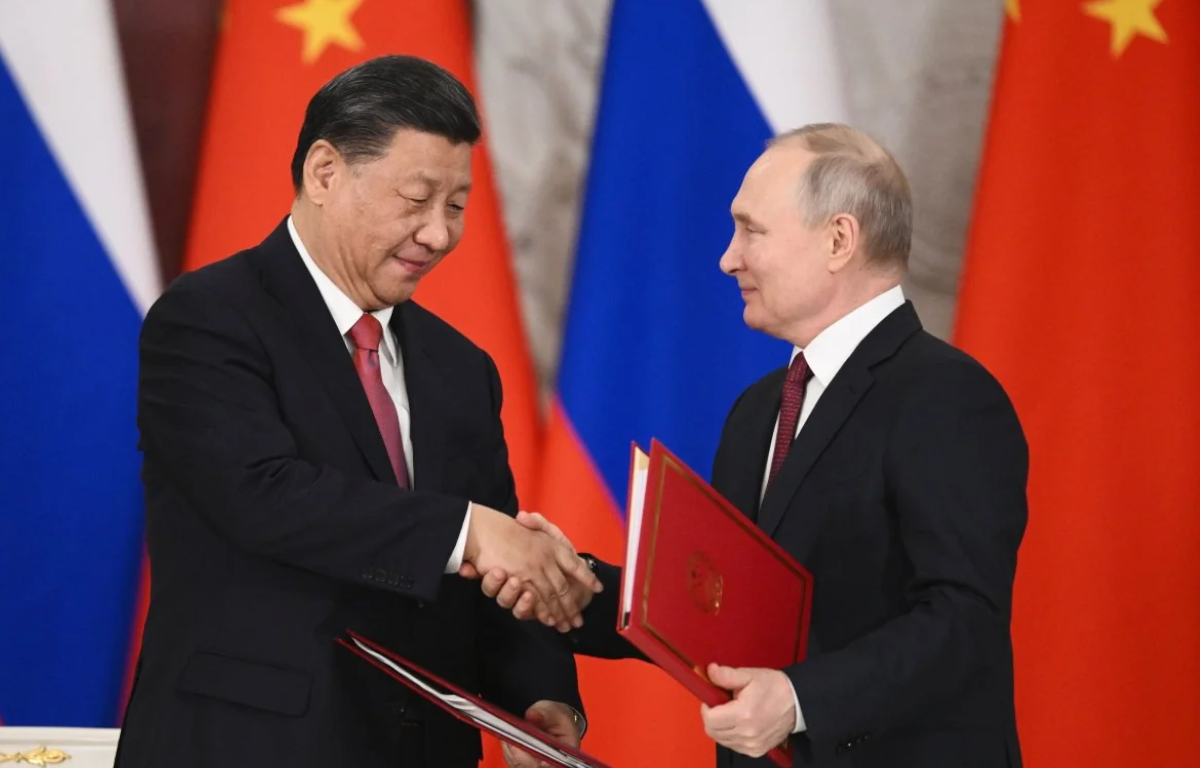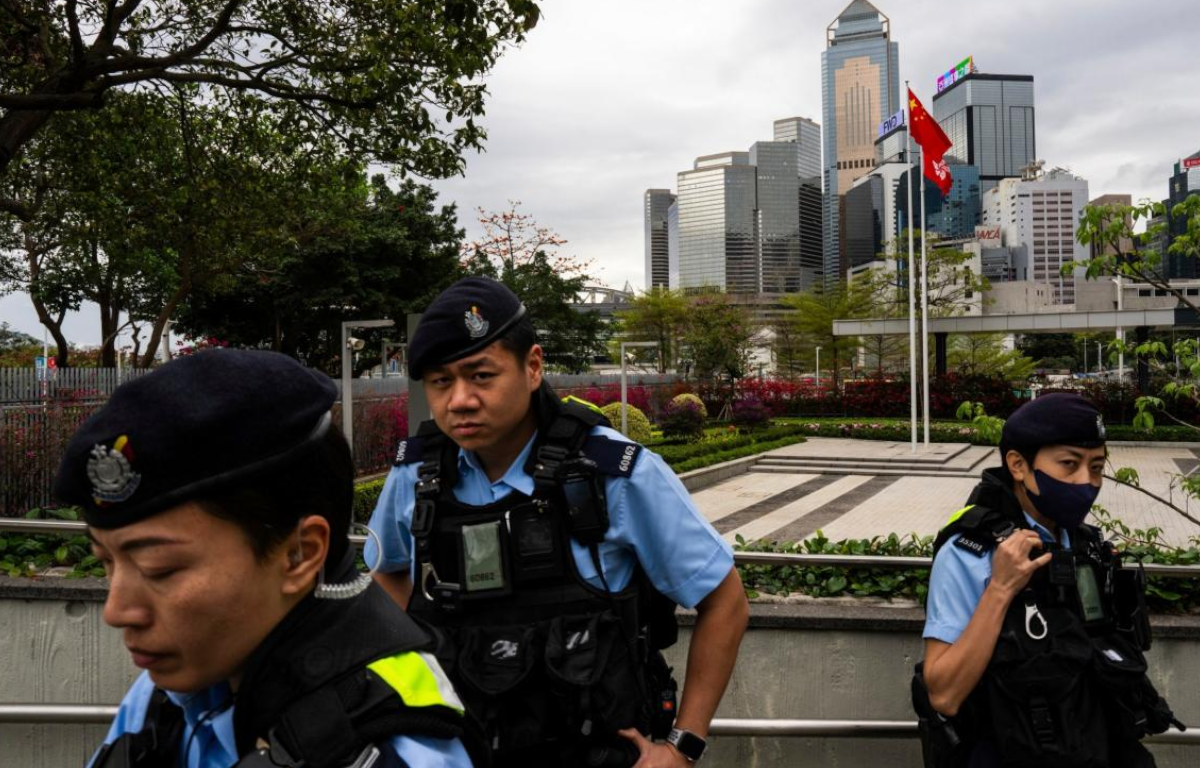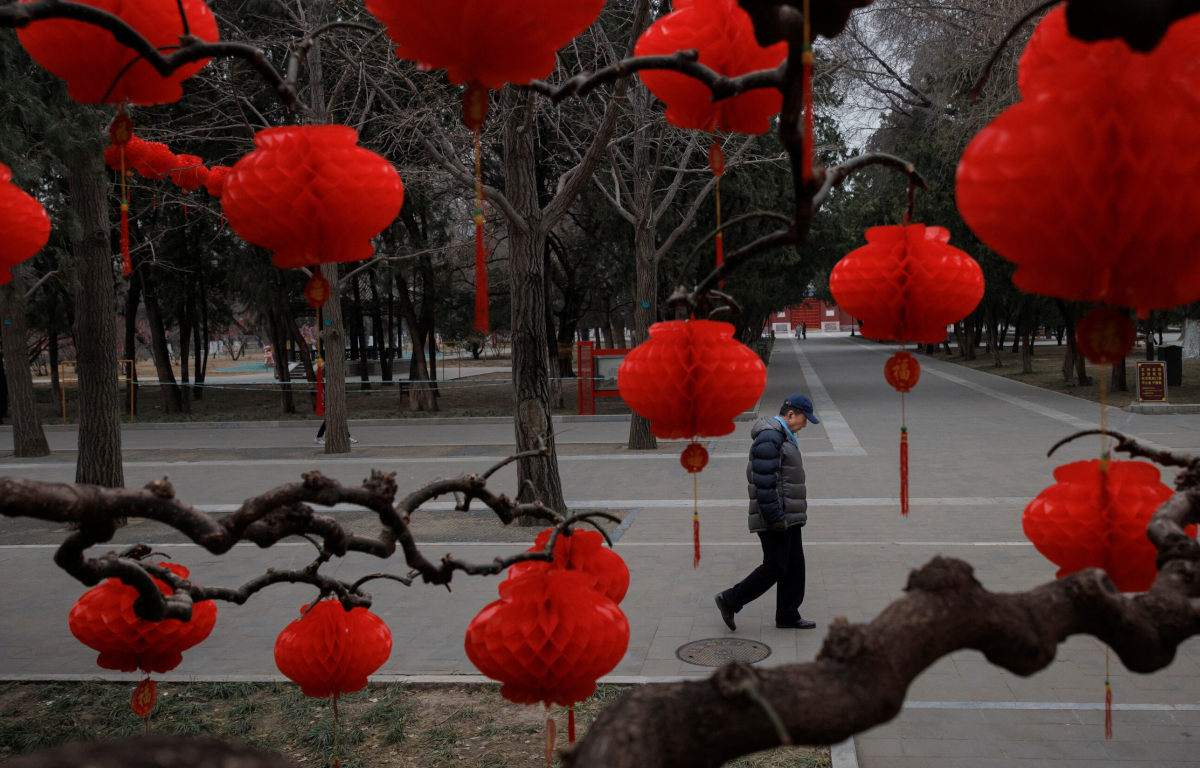
The summit, which focused on regional security issues and strategic cooperation, highlighted the complex dynamics and geopolitical tensions in the Asia-Pacific, particularly concerning China’s expanding influence and assertive actions in the region.
During the summit, officials from the US and Japan raised concerns about various issues related to China, including its military activities, territorial claims, human rights record, and economic practices. These criticisms were met with swift condemnation from Beijing, which characterized them as attempts to smear China’s reputation and undermine its legitimate interests.
China’s response to the alleged smearing and attacks at the summit reflects a broader pattern of assertiveness in defending its interests and countering what it perceives as efforts to contain or isolate the country on the international stage. Beijing has consistently rejected criticisms of its policies and actions, asserting its right to pursue its national interests and sovereignty.
The summit discussions touched on a range of sensitive topics, including tensions in the South China Sea, Taiwan’s status, cybersecurity concerns, and human rights issues. These topics have been sources of contention and friction in China’s relations with the US, Japan, and other regional stakeholders.
The US and Japan, along with other like-minded countries, have expressed shared concerns about China’s growing military capabilities, assertive behavior in territorial disputes, and alleged violations of international norms and agreements. The summit provided an opportunity for these countries to reaffirm their commitment to regional security, stability, and rules-based order in the Asia-Pacific.
Despite the disagreements and criticisms exchanged during the summit, diplomatic channels remain open for dialogue and engagement between China, the US, Japan, and other regional actors. Dialogue and constructive engagement are essential for managing differences, addressing common challenges, and promoting peaceful coexistence in the region.
Efforts to build trust, enhance communication, and seek areas of cooperation will be crucial in navigating the complex dynamics of Asia-Pacific geopolitics. While disagreements and tensions may arise, finding common ground and pursuing mutually beneficial outcomes should be the overarching goal of diplomatic efforts.
The aftermath of the summit underscores the delicate balance of power, interests, and ideologies at play in the Asia-Pacific region. As China continues to assert its influence and navigate its relations with other major powers, constructive dialogue and strategic engagement will be essential for promoting stability, security, and prosperity in the region.










Share this: